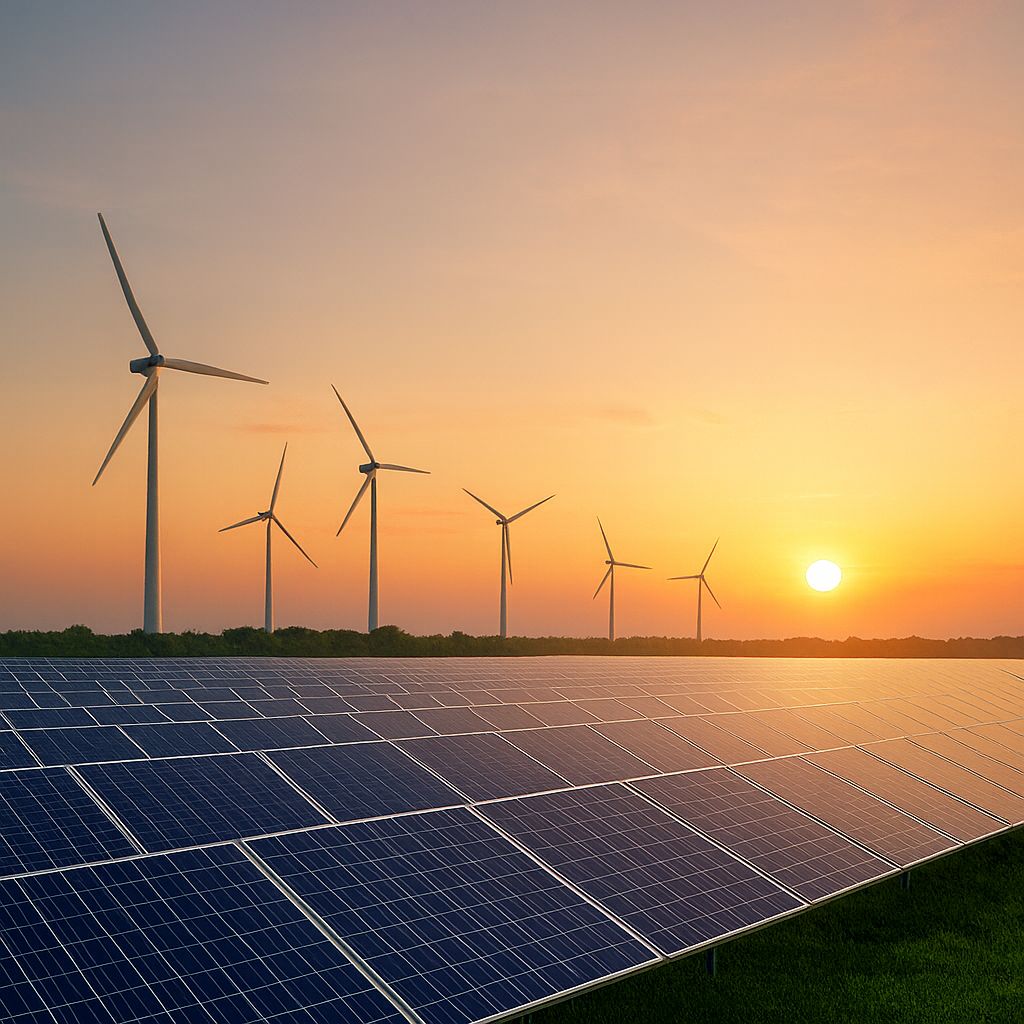
By Deborah Olaoluwa
As governments prepare to meet at the UN Secretary-General’s Special High-Level Event on Climate Action, new analysis conducted by 350.org and Zero Carbon Analytics shows that renewable energy is fast becoming the backbone of national climate strategies.
A new analysis of the first 36 NDC 3.0 submissions (countries’ updated Nationally Determined Contributions under the Paris Agreement) finds that about 70% either set new renewable energy targets or already have ambitious expansion plans and a high percentage of clean energy domestically. These pledges extend to 2035 and are the first since the Paris Agreement’s Global Stocktake, which called for stronger sectoral action. The report comes after hundreds of thousands of people filled streets around the world to Draw the Line on climate inaction over the weekend.
Andreas Sieber, 350.org Associate Director of Global Policy and Campaigns says:
“Renewables have moved from the sidelines to the centre stage of national climate plans. This shift sends a powerful message: governments now understand that scaling up clean power isn’t optional, it’s the fastest, cheapest way to cut emissions, boost economic growth, bolster energy security, protect citizens from worsening climate impacts, and address the cost-of-living crisis. With COP30 in Brazil just weeks away, world leaders must build on this momentum. It’s time to draw the line on climate inaction, and deliver the renewable energy boost the world is ready for”.
The findings also show broad alignment with the COP28 commitment to triple global renewable energy capacity by 2030, signalling real momentum ahead of COP30 negotiations.
350.org says it will continue to track submissions as more countries submit their updated NDCs before COP30.












